 W
WWilliam de Forz, 3rd Earl of Albemarle was an English nobleman. He is described by William Stubbs as "a feudal adventurer of the worst type".
 W
WWilliam d'Aubigny or D'Aubeney or d'Albini, Lord of Belvoir was a prominent member of the baronial rebellions against King John of England.
 W
WGeoffrey de Mandeville, 2nd Earl of Essex and 4th Earl of Gloucester was an English peer. He was an opponent of King John and one of the Magna Carta sureties.
 W
WJohn FitzRobert is listed as one of the Surety Barons for Magna Carta (1215), although it seems not previously noted as a rebel. He was the son of Robert fitzRoger and Margaret Chesney.
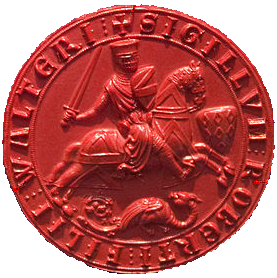 W
WRobert Fitzwalter was the leader of the baronial opposition against King John, and one of the twenty-five sureties of Magna Carta. He was feudal baron of Little Dunmow, Essex and constable of Baynard's Castle, in London, to which was annexed the hereditary office of castellain and chief banneret of the City of London. Part of the official aristocracy created by Henry I and Henry II, he served John in the wars in Normandy, in which he was taken prisoner by King Philip II of France and forced to pay a heavy ransom.
 W
WGilbert de Clare, 4th Earl of Hertford, 5th Earl of Gloucester, 1st Lord of Glamorgan, 7th Lord of Clare was the son of Richard de Clare, 3rd Earl of Hertford (c. 1153–1217), from whom he inherited the Clare estates. He also inherited from his mother, Amice Fitz William, the estates of Gloucester and the honour of St. Hilary, and from Rohese, an ancestor, the moiety of the Giffard estates. In June 1202, he was entrusted with the lands of Harfleur and Montrevillers.
 W
WWilliam Hardell was a Mayor of London and a Magna Carta surety.
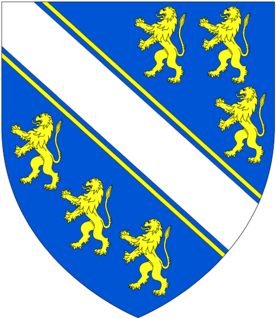 W
WHenry de Bohun, 1st Earl of Hereford of Pleshy Castle in Essex, was an Anglo-Norman nobleman who became Hereditary Constable of England from 1199.
 W
WWilliam of Huntingfield was a medieval English baron, Sheriff of Norfolk and Suffolk and one of the Magna Carta sureties.
 W
WWilliam de Lanvallei III was an English landowner, governor of Colchester Castle, and a Magna Carta surety. He was lord of Walkern. William III accompanied King John of England on his expedition to Poitou in 1214 and was present at the truce. William III was related to several of the Magna Carta barons.
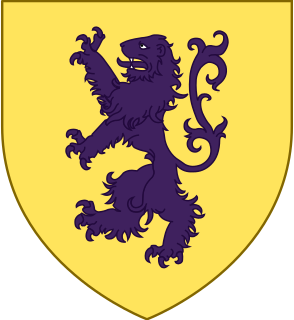 W
WJohn de Lacy, 2nd Earl of Lincoln was hereditary Constable of Chester, 7th Baron of Pontefract, 8th Baron of Halton and 8th Lord of Bowland.
 W
WRoger de Montbegon was a landowner in northern England, baron of Hornby, and one of Magna Carta sureties.
 W
WRichard de Montfichet was a Magna Carta surety. He was a landowner in Essex.
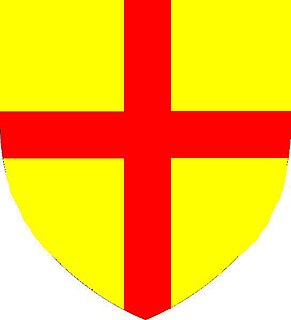 W
WHugh Bigod was a member of the powerful early Norman Bigod family and was for a short time the 3rd Earl of Norfolk.
 W
WRoger Bigod was the son of Hugh Bigod, 1st Earl of Norfolk and his first wife, Juliana de Vere. Although his father died 1176 or 1177, Roger did not succeed to the earldom of Norfolk until 1189 for his claim had been disputed by his stepmother for her sons by Earl Hugh in the reign of Henry II. Richard I confirmed him in his earldom and other honours, and also sent him as an ambassador to France in the same year. Roger inherited his father's office as royal steward. He took part in the negotiations for the release of Richard from prison, and after the king's return to England became a justiciar.
 W
WRobert de Vere, hereditary Master Chamberlain of England, was son of Aubrey de Vere, 1st Earl of Oxford, and Agnes of Essex. He succeeded his brother as the third Earl of Oxford, and was one of the twenty-five guarantors of Magna Carta.
 W
WWilliam Marshal, 2nd Earl of Pembroke was a medieval English nobleman and was one of Magna Carta sureties. He fought during the First Barons' War and was present at the Battle of Lincoln (1217) alongside his father William Marshal, 1st Earl of Pembroke, who led the English troops in that battle. He commissioned the first biography of a medieval knight to be written, called L'Histoire de Guillaume le Mareschal, in honour of his father.
 W
WSir Robert de Ros was an Anglo-Norman feudal baron, soldier and administrator who was one of the twenty-five barons appointed under clause 61 of the 1215 Magna Carta agreement to monitor its observance by King John of England.
 W
WGeoffrey de Saye (1155–1230) was an English nobleman, and a Magna Carta surety.
 W
WEustace de Vesci (1169–1216) was an English lord of Alnwick Castle, and a Magna Carta surety. He also held lands in Sprouston, Roxburghshire, Scotland as brother in-law to King Alexander II of Scotland. Eustace was a leader during the Barons' War in 1215 and was killed while undertaking a siege of Barnard Castle in 1216.
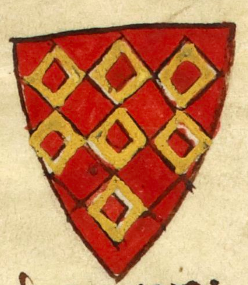 W
WSaer de Quincy, 1st Earl of Winchester was one of the leaders of the baronial rebellion against John, King of England, and a major figure in both the kingdoms of Scotland and England in the decades around the turn of the twelfth and thirteenth centuries.